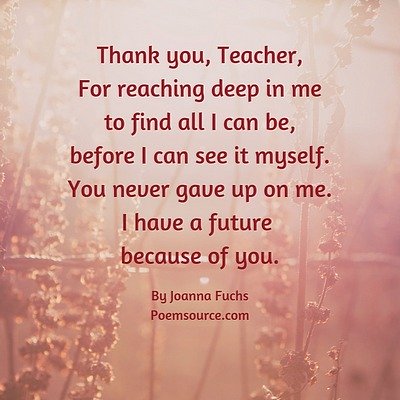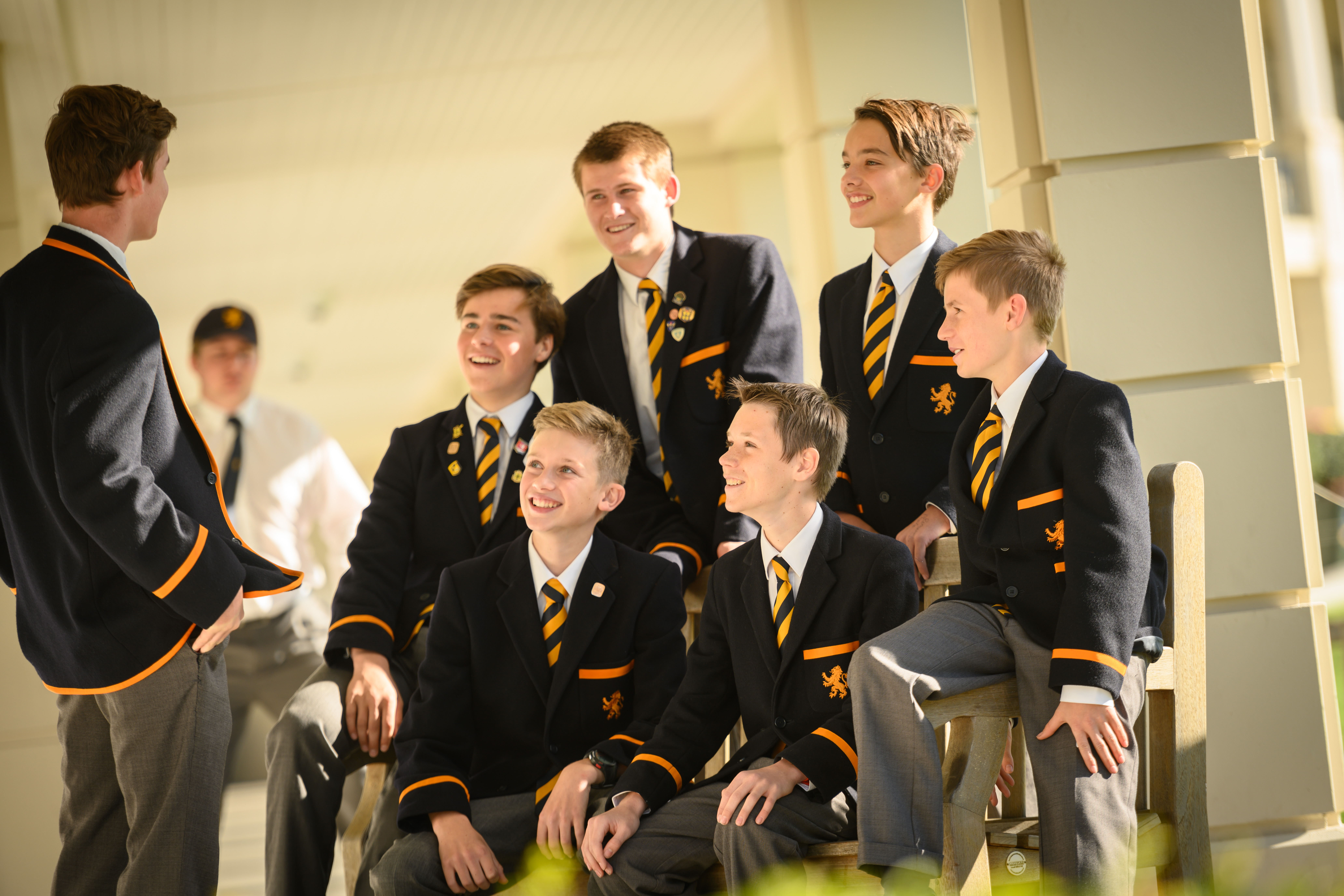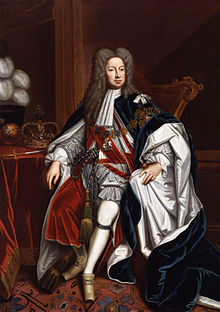The Wealth of Nations
Adam Smith
Smith used the term "the invisible hand" in "History of Astronomy"[84] referring to "the invisible hand of Jupiter", and once in each of his The Theory of Moral Sentiments[85] (1759) and The Wealth of
EDUCATION, KNOWLEDGE, ENTERTAINMENT YOU CAN PUBLISHED YOUR CREATIONS BY EMAILING at panhwar2005@gmail.com
Smith used the term "the invisible hand" in "History of Astronomy"[84] referring to "the invisible hand of Jupiter", and once in each of his The Theory of Moral Sentiments[85] (1759) and The Wealth of
Adam Smith FRSA (c. 16 June [O.S. c. 5 June] 1723[1] – 17 July 1790) was a Scottish economist, philosopher, and author as well as a moral philosopher, a pioneer of political economy, and a key figure during the Scottish Enlightenment,[5] also known as ''The Father of

Economics''[6] or ''The Father of Capitalism''.[7] Smith wrote two classic works, The Theory of Moral Sentiments (1759) and An Inquiry into the Nature and Causes of the Wealth of Nations (1776). The latter, often abbreviated as The Wealth of Nations, is considered his magnum opus and the first modern work of economics. In his work, Adam Smith introduced his theory of absolute advantage.[8]
Smith studied social philosophy at the University of Glasgow and at Balliol College, Oxford, where he was one of the first students to benefit from scholarships set up by fellow Scot John Snell. After graduating, he delivered a successful series of public lectures at the University of Edinburgh,[9] leading him to collaborate with David Hume during the Scottish Enlightenment. Smith obtained a professorship at Glasgow, teaching moral philosophy and during this time, wrote and published The Theory of Moral Sentiments. In his later life, he took a tutoring position that allowed him to travel throughout Europe, where he met other intellectual leaders of his day.
The new police reform order comes in the wake of rising Black Lives Matter protests across the US against the death of African American George Floyd in police custody in Minneapolis.

Donald Trump to sign new police reform orderUS President Donald Trump will sign a new executive order seeking police reforms on June 16, 2020. The order will seek to improve the treatment of African Americans and others by police officers by improving credentialing, training and mental health resources.
This unprecedented escalation at the border is the first between the two sides since the border stand off began in April 2020.
A violent face-off reportedly took place between Indian and Chinese troops at Galwan Valley in Ladakh yesterday night during de-escalation process. One Indian Army officer and two soldiers were martyred. Senior military officials of both nations are currently conducting talks at the place to defuse the situation.
There are certain iconic opposites that each of us wrestle with for ourselves. No one else’s resolution will help. Will you run the race to win vs. stop along the way to smell the roses? Will you work toward a career in the family footprint or follow your heart? Will you, young man, give in to your attraction for that sexy dim bulb or go for the woman who would make a docile wife and good mother?
For eons women have come in two stereotypes – virgins or whores. In the 21st
Great quotes make complexity simple. The following have three themes in common:
1) They speak to parents and teachers.
2) They support research in youth development and education.
3) They provide impetus toward adult actions that support learning.
In our busy day of juggling papers, lesson planning and managing sometimes more than a hundred students, we can easily forget the group that could lend significant support in our charge as teachers -- parents and families. Consider these tips for improving connections with this valuable group:
1. Smile When You See Parents
Greet them. Most parents only occasionally interact with teachers so make sure that at least 90 percent of your encounters with them are positive, warm, and friendly. The impressions left from fleeting encounters in the hallway last a long time.
2. Learn Their Names
(If you have a self-contained class.) Learn how they like to be

Poems for teachers can compare teacher to a force of nature, as this thank you teacher poem does. This poem for teacher is one of my best Teacher Day poems. Looking for an inspirational teacher poem? This might be the one.

This short Teacher Day poem credits teacher with looking further than just the surface in this student.
I Have A Future
By Joanna Fuchs
Teacher poems of appreciation, gratitude, and admiration. Thank you teacher poems make teacher feel valued and respected, for an extra special Teacher Day.
Number One Teacher
(Name of teacher),
I'm happy that you're my teacher;
I enjoy each lesson you teach.
As my role model you inspire me
To dream and to work and to reach.
With your kindness you get my attention;
Every day you are planting a seed
Of curiosity and motivation
To know and to grow and succeed.
You help me fulfill my potential;
I'm thankful for all that you've done.
I admire you each day, and I just want to say,
As a teacher, you're number one!
By Joanna Fuchs
This short Teacher Day poem is full of admiration. It's a rhyming poem.
The Teacher Gets A+
I look forward to your class
When I come to school.
You're an awesome teacher;
I think you're very cool.
You're smart and fair and friendly;
You're helping all of us.
And if I got to grade you,
From me you'd get A+!
By Joanna Fuchs
I Want To Be Like You
Thank you, teacher,
for being my life's role model.
When I consider all you've taught me
and reflect on the kind of person you are,
I want to be like you—
smart, interesting and engaging,
positive, confident, yet unpretentious.
I want to be like you—
well-informed and easy to understand,
thinking with your heart as well as your head,
gently nudging us to do our best,
with sensitivity and insight.
I want to be like you—
giving your time, energy and talent
to ensure the brightest possible future
for each of us.
Thank you, teacher
For giving me a goal to shoot for:
I want to be like you!
By Joanna Fuchs
A lack of awareness on the part of the instructor leads
The first type of negative teacher-student relationship I want to look at is usually created by young, inexperienced and immature teachers who are new to the profession. In an effort to gain acceptance and approval from students, they become too friendly or familiar. They consider students as peers and give them too much latitude. They are too lenient with the students and fail to support the
professional standards set by more experienced and skilled teachers. They may even adopt some forms of student behaviour. This approach to teacher-student relationships does not work. It is counterproductive and usually leads to poor classroom management and control, low student attainment levels, and eventual disrespect from the same students. Teachers and students must respect the boundaries that separate them. These boundaries serve a very important purpose.
Benefits of positive Teacher-student relationship
A healthy and positive relationship between students and teachers can be enormously favourable at all stages of an educational institution, inside the classroom and across the whole school environment. A positive relationship between continues to develop, its benefits not only teachers and students but also parents and administrators as well. It-

Promotes Academic Success- the presence of positive and supportive relationships alone does not get an academic success, but students that create a strong bond with their teacher do perform better than students whose behaviour with their teachers have some conflict.
There is very useful information for those who need to know the importance of the teacher-student relationship. Here you will find the ways how to build a positive and supportive teacher-student relationship.
The relationship between a teacher and his students is one of the most influential factors in a learning environment. This is a key element affecting students’ progress, engagement of school and academic motivation, a teacher-student relationship from the basis of the social context also.
The teacher-student relationship
Successful teachers are those that have the ability to maximise the learning potential of all students in their class. Developing positive relationships between a teacher and student is a fundamental aspect of quality teaching and student learning.
Positive teacher-student relationships promote a sense of school belonging and encourage students to participate cooperatively. Students develop confidence to experiment and succeed in an environment where they are not restricted by the fear of failure. Teachers are able to assist students with motivation and goal setting, and students can turn to them for advice and guidance.
The relationship between children and their parents or caregivers (such as guardians, aunts and uncles, or grandparents) is one of the most important relationships in a child's life, often lasting well into adulthood.
In adolescence, this relationship changes dramatically as youth seek increased independence from their families and begin to make their own decisions. With increased independence comes the possibility of increased risk, both positive and negative, and teens need parents or caregivers to help them navigate the challenges that adolescence presents. Though some amount of conflict between adolescents and their parents is
The Parent-Child Relationship is one that nurtures the physical, emotional and social development of the child. It is a unique bond that every child and parent will can enjoy and nurture. This relationship lays the foundation for the child’s personality, life choices and overall behaviour. It can also affect the strength of their social, physical, mental and emotional health

Some of the benefits include:
George I (George Louis; German: Georg Ludwig; 28 May 1660 – 11 June 1727)[a] was King of Great Britain and Ireland from 1 August 1714 and ruler of the Duchy and Electorate of Brunswick-Lüneburg (Hanover) in the Holy Roman Empire from 23 January 1698 until his death in 1727. He was the first British monarch of the House of Hanover.

Born in Hanover to its Elector Ernest Augustus and Electress Sophia, George inherited the titles and lands of the Duchy of Brunswick-Lüneburg from his father and uncles. A succession of European wars expanded his German domains during his lifetime; he was ratified as prince-elector of Hanover in 1708. After the deaths in 1714 of his mother and his second cousin Anne, Queen of Great Britain, George ascended


Courteney Bass Cox (born June 15, 1964) is an American actress, producer, and director. She gained worldwide recognition for her starring role as Monica Geller on the NBC sitcom Friends (1994–2004) and as Gale Weathers in the horror film series Scream (1996–2011).
On television, Cox starred as Lauren Miller in the NBC sitcom Family Ties (1987–1989), Lucy Spiller in the FX drama series Dirt (2007–2008), and as Jules Cobb in the ABC/TBS sitcom Cougar Town (2009–2015), the lattermost of which earned her a Golden Globe Award nomination.

Edward of Woodstock, known to history as the Black Prince (15 June 1330 – 8 June 1376),[1][a] was the eldest son of King Edward III of England, and thus the heir to the English throne. He died before his father and so his son, Richard II, succeeded to the throne instead. Edward nevertheless earned distinction as one of the most successful English commanders during the Hundred Years' War, being regarded by his